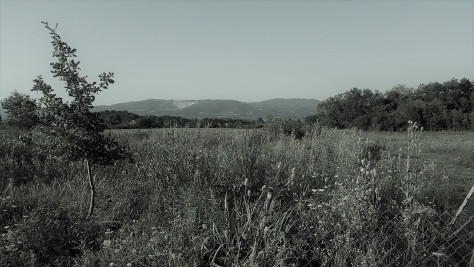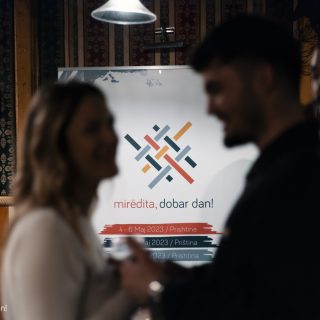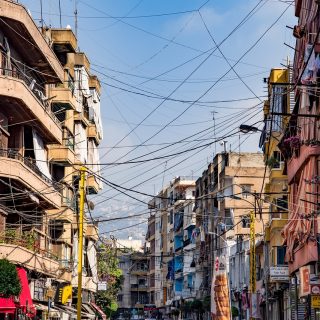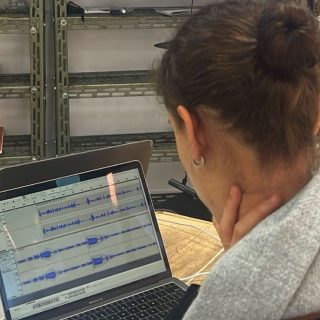Source: projectonpeacebuilding
By Ajla Henić
We are all streams of one water
[Patricio Guzmán, Chilenian filmmaker]
Having been born in Prijedor (but grown up in Spain) I feel that—like my identity—the history of both countries overlaps. I can say with certainty that memory is a difficult term to be discussed and to deal with. As Existentialist philosophers stressed: it requires tension in the spirit.
Time, history, and memory seem to conceal: in different parts of the world, and between—and among—different generations. Maybe it was not our war, it was not our fight, but it was about our community, villagers, and family. The consequences remain as an internal scar: even if it is not visible, the internal rupture is blatantly perceptible. Our understanding of time in life becomes a fallacy when night sweats and flashbacks are the manifestation of what was a constant state of fear on individuals. Memory is at stake; contingencies that are, moreover, rendered inevitable and uncontrollable in the present. By affirming trauma, we are accepting the entire picture of our community.
Sari Wastell (who is extremely knowledgeable on Spanish and Bosnian ghosts) transferred to me some words from a person that she interviewed: “They hold us under water, five feet down, they keep us just five feet down… If they just let us and just hit bottom, then we will come back up. There is a conscious and contrive effort to keep people five feet underwater.”

It is time from Bosnians to take their fate in their own hands—from the individuality to the collectivity, from the past time to the present. Citizens despite their nationality bear the responsibility of facing memory, without giving the opportunity to other powerful people with shared interests to avoid the same responsibility.




